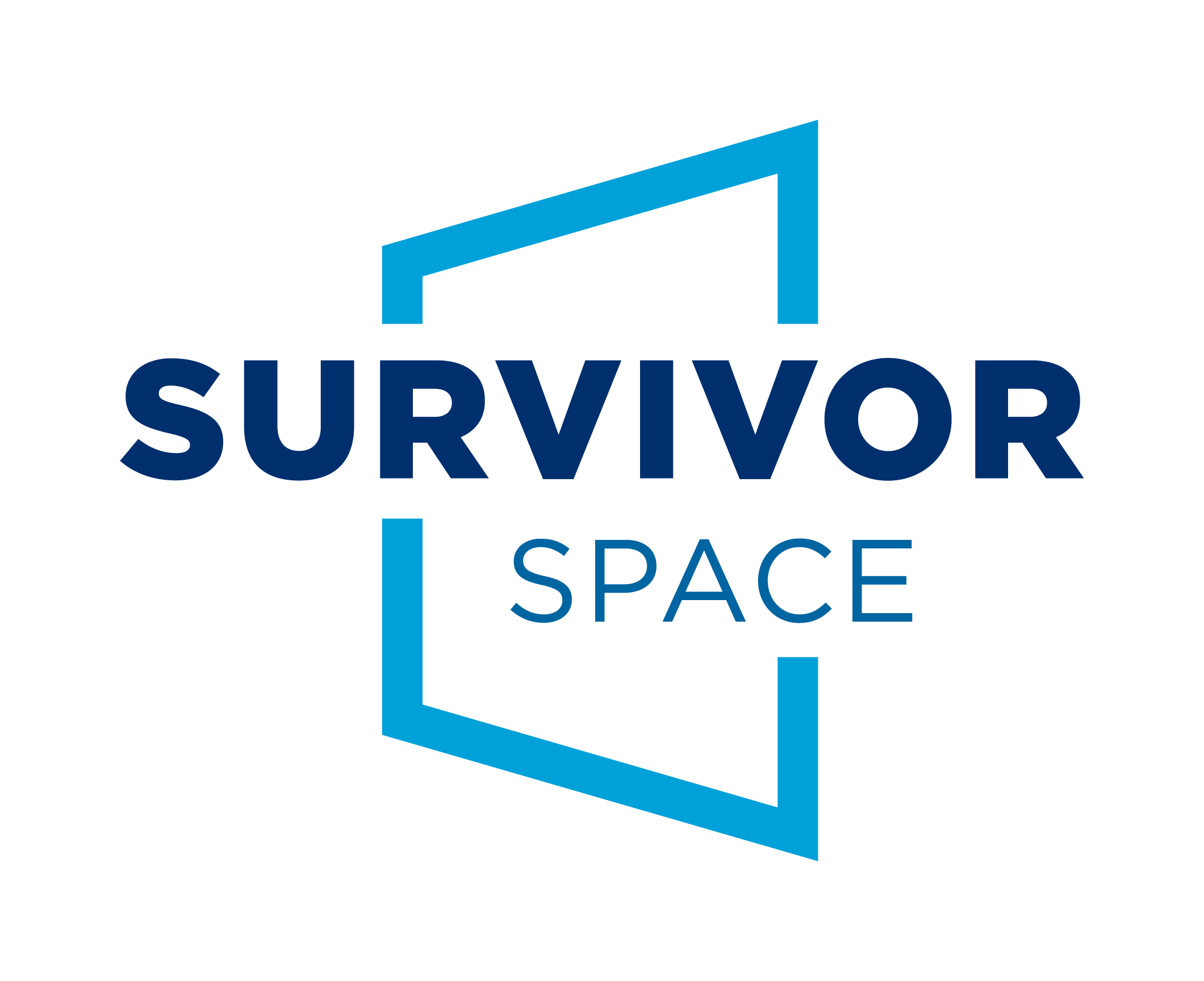THOUGHTS vs. THINKING
A Journey into the Depths of Self-Understanding

“Our feelings do not come from external events, but from our own thinking about the events. Therefore, we can only ever feel what we are thinking”–Joseph Nguyen.
Within the intricate tapestry of human experience, threads weave with harrowing hues of trauma. For survivors of traumatic events, the aftermath can be a labyrinth of anguish and despair—a landscape scarred by the echoes of past pain. Yet, Joseph Nguyen's book Don't Believe Everything You Think illuminates that it is not the event itself that perpetuates suffering but rather the relentless cycle of thinking and meaning-making that ensnares survivors in the role of victims.
Trauma, like a sudden storm, can upend the fragile equilibrium of our lives, leaving in its wake a trail of devastation and despair. Whether it be the shattering impact of violence, the silent agony of abuse, or the haunting specter of loss, traumatic events have the power to reverberate through the corridors of our consciousness, casting long shadows over our sense of self and reality.
In the sacred journey of self-discovery, I have encountered the fundamental distinction between thoughts and thinking—a nuanced yet crucial delineation that forms the cornerstone of Nguyen's philosophy. As he elucidates, thoughts are not actions we consciously engage in but phenomena that arise spontaneously within the caverns of our consciousness. They are fleeting wisps that flit across the stage of our minds, leaving traces of emotions and sensations in their wake.
Contrastingly, thinking is the conscious engagement with these thoughts—an active process wherein we analyze, evaluate, and interpret the contents of our minds. The relentless scrutiny of our thoughts and the ceaseless commentary of our inner critic often lead us into a quagmire of doubt and suffering.
Imagine a river flowing gently through the verdant countryside. The river represents the stream of consciousness, while the thoughts resemble leaves floating upon its surface. Just as the leaves drift along the river's current, our thoughts arise and dissipate within the vast expanse of our consciousness, transient and fleeting.
However, when we think, it is as if we pluck a leaf from the surface of the river and hold it up to the light for examination. We scrutinize its shape, color, and texture, and in doing so, we detach ourselves from the river's flow. Similarly, when we think about our thoughts, we disconnect from the natural ebb and flow of our consciousness, becoming ensnared in a web of criticism and analysis.

This incessant thinking perpetuates the cycle of suffering, as we become entangled in a labyrinth of self-doubt and negativity. We berate ourselves for the content of our thoughts and judge ourselves harshly for our perceived inadequacies, sowing the seeds of our own discontent.

Photo by El Mehdi Rezkellah on Unsplash
Photo by El Mehdi Rezkellah on Unsplash
In the aftermath of my trauma, I often found myself caught in a web of constant thinking—a relentless replaying of the events, a ceaseless search for meaning and understanding. It's as if my mind became trapped in a feedback loop, not necessarily replaying the traumatic moments like a broken record but replaying the constant meaning I placed on the events. I kept trying to make meaning and understanding why the events happened, why I was selected, and what did this mean to me as a man. Each repetition of thinking deepens the wounds of the past.
Consider, for a moment, a scar etched upon the skin's surface. Like a physical wound, trauma leaves its mark upon the psyche—a testament to the pain and suffering endured. Yet, while the scar itself may be a reminder of past wounds, the constant picking and prodding at it perpetuates the suffering cycle.
Similarly, as a survivor of trauma, I often found myself trapped in a cycle of analysis, constantly thinking, and trying to force meanings I placed on the events of the past in a futile attempt to make sense of the senseless. I engage in what psychologists term "rumination"—a pattern of repetitive thinking focused on the meaning I have placed on the causes and consequences of my trauma. In doing so, was I unwittingly retraumatizing myself, reopening old wounds, and perpetuating the cycle of suffering through my desperate attempt at thinking?
It is this relentless cycle of thinking and meaning-making that had kept me stuck in the role of victimhood, unable to move forward, and accepting that how I felt was going to be the norm for the rest of my life. I was not aware that I could be the cause of my inability to move beyond the trauma and the effects of my thinking. I became trapped in a prison of my own making, haunted by the ghosts of the past and unable to break free from the shackles of my mind.
Yet, as Nguyen's teachings illuminate, liberation lies not in reliving the past or seeking meaning in the events that have transpired but in embracing the present moment with radical acceptance and compassion. A shift from victimhood to empowerment, from reactivity to response, paves the way for healing and transformation.
Central to this process is practicing mindfulness, a gentle yet powerful tool for cultivating present-moment awareness and self-compassion. Through mindfulness, survivors can learn to observe their thinking and emotions without becoming entangled in them, cultivating a sense of awareness that holds space for all that arises within.
I have discovered that there is a continuum scale where when I'm thinking about the past, I feel guilt and shame; while thinking about the future, I experience stress and anxiety; but if I allow myself to focus on the present, I am not able to think of the past or future, and I feel peace, joy, and love.
In the stillness of this present-moment awareness, I can begin to untangle the web of suffering that ensnares me, release the grip of the past, and embrace the infinite possibilities of the present. I am learning to let go of the ongoing need to make sense of my trauma, relinquish the role of victim, and reclaim my inherent power and resilience. By confronting the depths of my suffering with unwavering presence and self-compassion, I understand that to transcend the confines of my mind of thinking, I can more readily step into the radiant light of healing and wholeness.
It has been a journey of profound courage and compassion—facing the fears of not seeking external approval, acceptance, and acknowledgment and realizing my thinking is causing suffering through criticizing, judging, and berating myself. By exploring inwardly, I am finding the depths of where resilience and strength lie to transcend the wounds of the past and step into the fullness of my potential. Embracing the present moment with open arms and a compassionate heart, for it is in the here and now that true healing and liberation await.
Yet, as Nguyen astutely observes, we possess the power to break free from this cycle of suffering—to transcend the confines of our minds and embrace the boundless potential of our being. Through the practice of meditation, mindfulness, and self-awareness, we can learn to observe our thoughts without becoming entangled in them. We can cultivate a sense of detachment, allowing thoughts to arise and dissipate without thinking and pushing them away.

Imagine, for a moment, the vast expanse of the sky stretching out endlessly before you. The thoughts are like clouds drifting lazily across the azure canvas, transient and temporary. Instead of becoming tangled in the tumultuous storms of our minds, we can learn to adopt the perspective of the sky—an unchanging and boundless expanse that holds space for all that arises within it.

In the stillness of this spacious awareness, I am discovering that thoughts are not inherently good or bad, right or wrong. They are phenomena that arise within the vast expanse of our consciousness, like ripples on the surface of a pond. My thinking causes attachment to these thoughts, and my judgment and criticism of these thoughts cause suffering.
Through Mediation, mindfulness, and self-inquiry, I am beginning to unravel the tangled knots of my mind, to untangle the web of suffering and discontent that traps me. I am cultivating a sense of inner peace and tranquility, regardless of the fluctuations of my external circumstances.
It is a journey of self-discovery and self-transformation that invites me to explore the depths of my being and discover the infinite wisdom that lies within. With each step I take and each breath I breathe, I move closer to the truth of who I am and my boundless potential.
Embark on this sacred journey of self-discovery with an open heart and a curious mind. For within the depths of your being lies the wisdom of the ages waiting for discovery. Embrace the journey, for it is in the exploration of the self that we find the true meaning of life.

“In life, we can’t always control the first arrow, the second arrow is our reaction to the first. The second arrow is optional”—Buddha.
Nguyen, Joseph. (2022). Don’t Believe Everything You Think. One Satori LLC. www.josephnguyen.org

About the Author:
John-Michael Lander is a Survivor, Advocate & Public Speaker
He is also the founder of An Athlete's Silence: www.anathletessilence.com

Published by SurvivorSpace, an initiative of Zero Abuse Project
